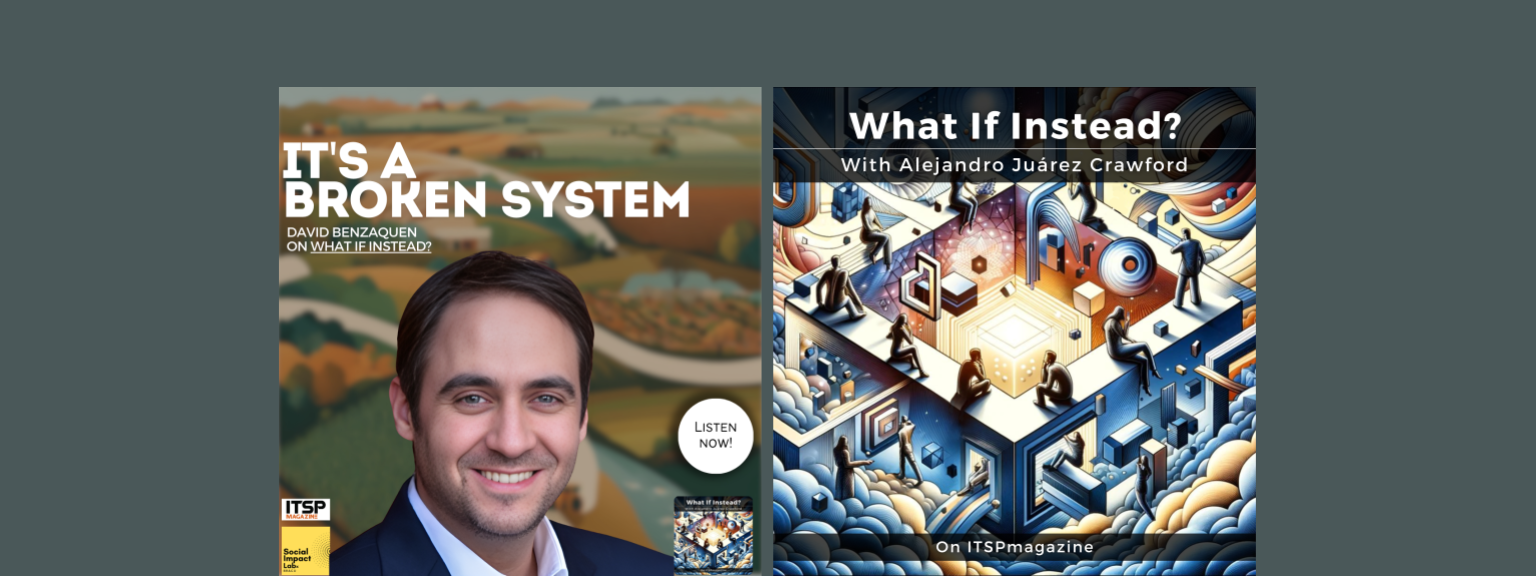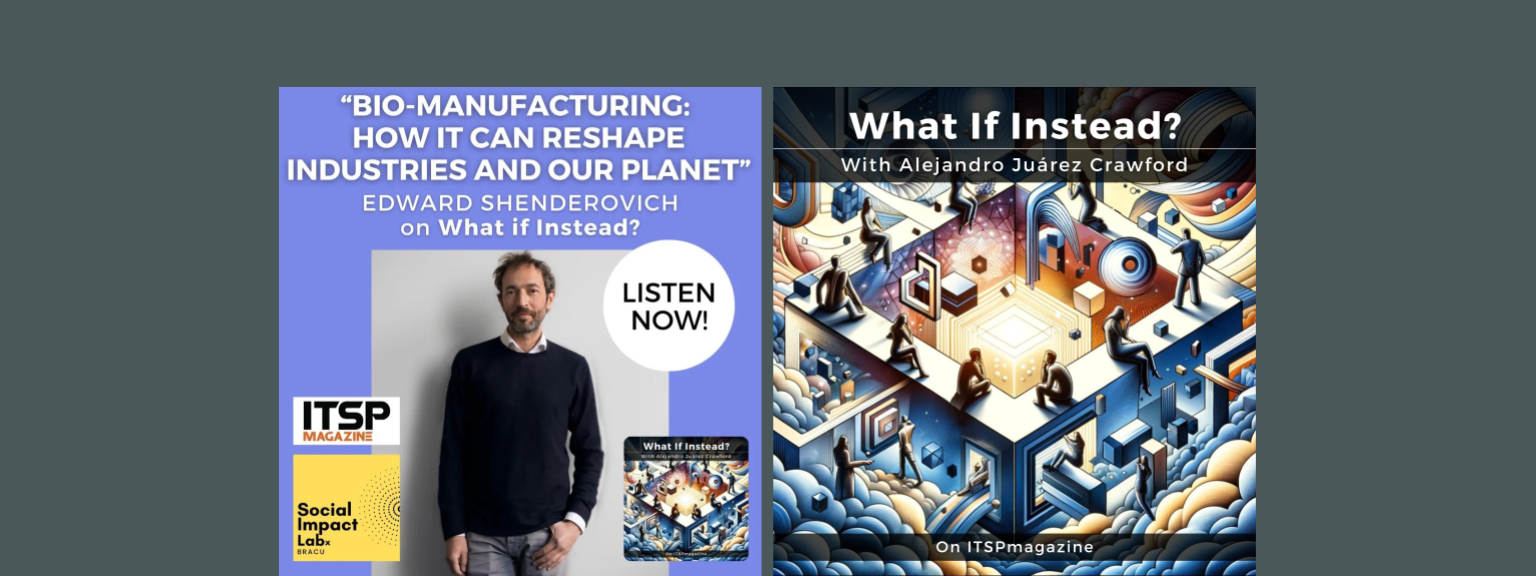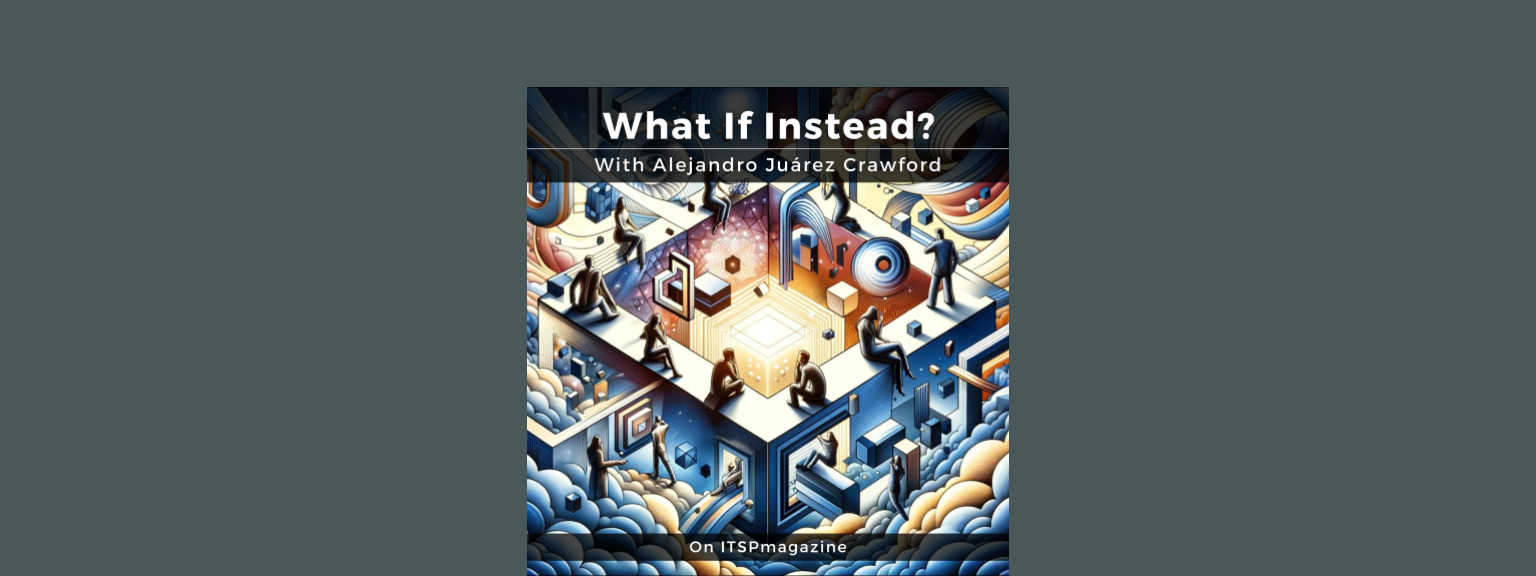It’s a broken system
David Benzaquen is the founder of Mission Plant, a company dedicated to advancing the development of non-animal protein products. His work centers around the profound and widespread impact of food choices on various aspects of life, from environmental sustainability to public health. Through his innovative approach, David aims to reshape how we think about food, encouraging incremental changes that collectively lead to significant positive outcomes. Benzaquen begins by highlighting the interconnectedness of food with every aspect of our lives. He emphasizes that our food choices have far-reaching consequences that extend beyond individual consumption. What we eat, what we put on our forks, what we buy in the grocery store affects the planet, affects food accessibility for people around the world who are starving, affects the access to water, the degradation of land, obviously the warming climate, the welfare of animals, our own health when we’re facing… heart and diet-related disease crises. Food touches everything. This holistic view underscores the need for a comprehensive approach to food innovation, one that considers the nutritional value and broader implications for society and the environment. He argues that the cultural and emotional associations we have with food play a crucial role in shaping our experiences and choices. He illustrates this point with personal anecdotes, demonstrating how food is intertwined with our identities and traditions. So there are so many cultural and emotional associations with the foods we eat. When I go to a baseball game, I want to have a hot dog. I do. And I’m happy that it doesn’t have to come from animals, but I still want that experience. I want chicken wings in the bar… there are certain things that you want to experience. And for a lot of people, the fewer changes you ask them to make, the easier it is to embrace change. His pragmatic approach to changing how we think about food emphasizes small, manageable steps rather than radical shifts. Benzaquen acknowledges the ideal of a diet rich in whole foods but recognizes that not everyone is ready or willing to make such drastic changes. Instead, he advocates for incremental decisions that collectively steer us toward a more sustainable future. I believe that a diet that is based on whole grains, fruits, veggies, legumes, nuts, and seeds is the best… And I think if we all can go there, that is the perfect world. I don’t think we have that world right now… I want to make sure that [people] are able to make steps, take small, discrete decisions that move them in the right direction. This perspective challenges current narratives emphasizing minor actions with limited impact, such as the focus on plastic straws. He stresses that even changes can have a substantial impact. He draws a stark contrast between the minimal effects of certain popular actions and the transformative potential of dietary changes. We all talk about plastic straws and light bulbs… but the impact they have, also the impact of eating local is nominal compared to just switching a small portion of our diet… if you switch, you know, meatless Mondays, if you eat meatless one day a week, you’re taking off so many cars off the road… It’s so shocking that the narrative out of fear is focusing on things that really don’t make much of an impact when the one that’s… so powerful is right at our fingertips. Benzaquen further discusses the importance of embracing imperfect solutions. He contends that striving for perfection can paralyze progress, advocating instead for practical choices that, while not flawless, offer significant benefits. This mindset encourages continuous improvement and supports innovators in their efforts to make meaningful changes. I’m not saying that this is perfect. I’m saying that we have to make discrete choices and that right now this is the best solution we’ve come up with that addresses displacement of this other problem… the biggest challenge I see when there is criticism of those that are doing good is that it causes consumers to freeze and retain the status quo. And that’s the scariest thing to me. Innovation, according to Benzaquen, is critical for advancing food technology. He calls for increased investment and government support to foster innovation in the food industry, similar to the incentives provided for renewable energy. This investment is essential for developing sustainable solutions that can address the urgent environmental challenges we face. I think we need to innovate. I think we need government support to innovate because we are destroying the world we rely on and we need to solve it through solutions the same way we’ve seen with incentives for driving towards more solar and more electric. We need that in this industry, too. Finally, Benzaquen underscores the power of consumer choices in driving change. He believes that every purchase decision we make can influence market trends and encourage the production of more sustainable products. This consumer-driven approach empowers individuals to be part of the solution through their everyday actions. We have the power of the dollar… Every single day we go to a restaurant and we choose a dish from the menu or every single day we go to the grocery store… We can make personal decisions. We can encourage others to do the same… companies that are producing food for us are responding to markets… If I buy one more of these things, they’ll make more of those. And so we do have that agency. Tune into the episodes to hear the conversation:It’s a broken system | A conversation with David Benzaquen | What If Instead? Podcast with Alejandro Juárez Crawford and Miriam Plavin-Masterman
What if Instead? is produced by Srijan Banik and the team at Social Impact Lab at BRAC University, which Banik founded. Cohosts Mim and Alejandro’s One Size Fits None: Time for an Entrepreneurial Revolution, is forthcoming from Emerald Publishing in Summer 2025


